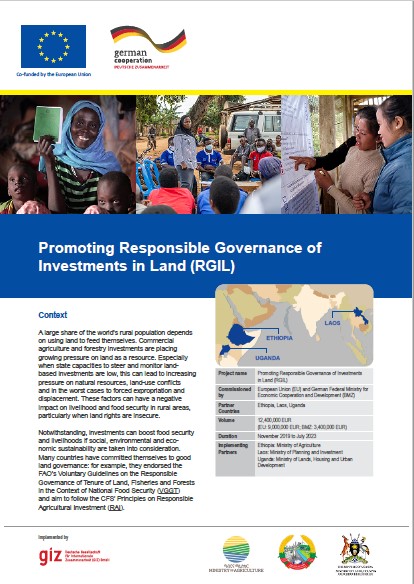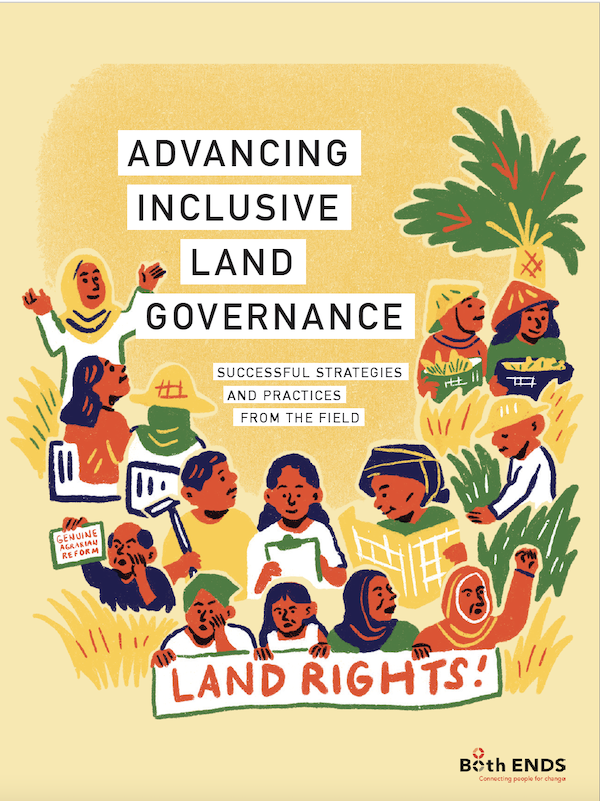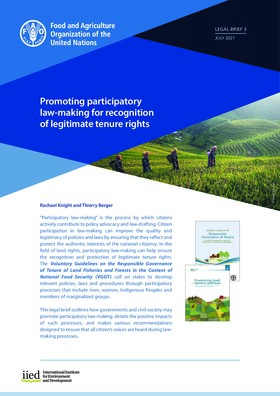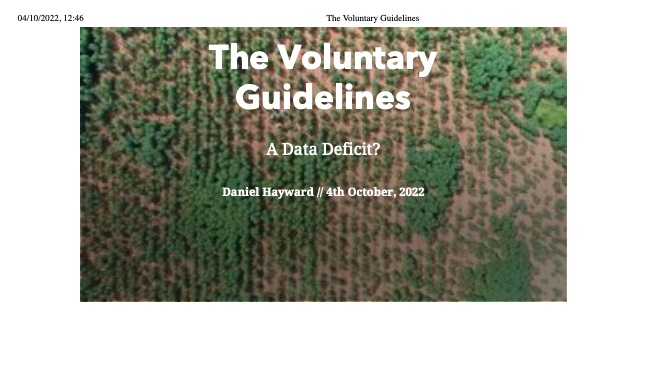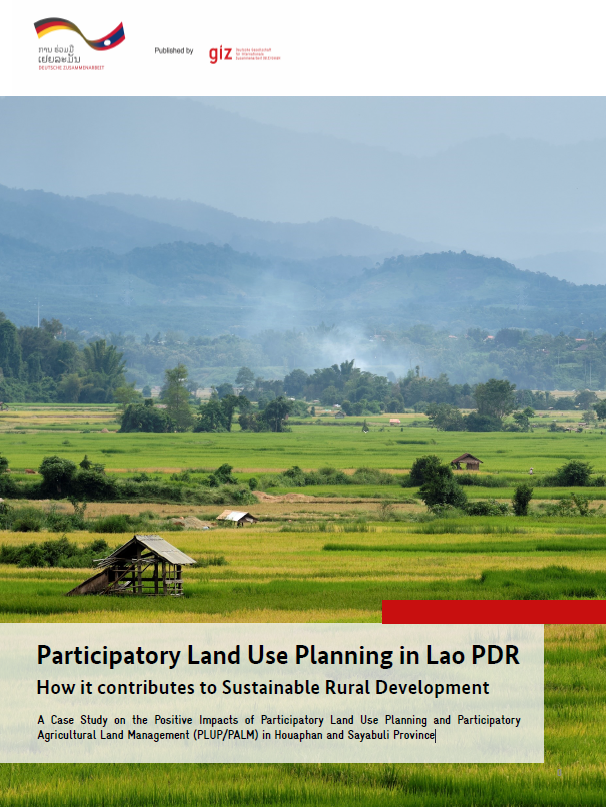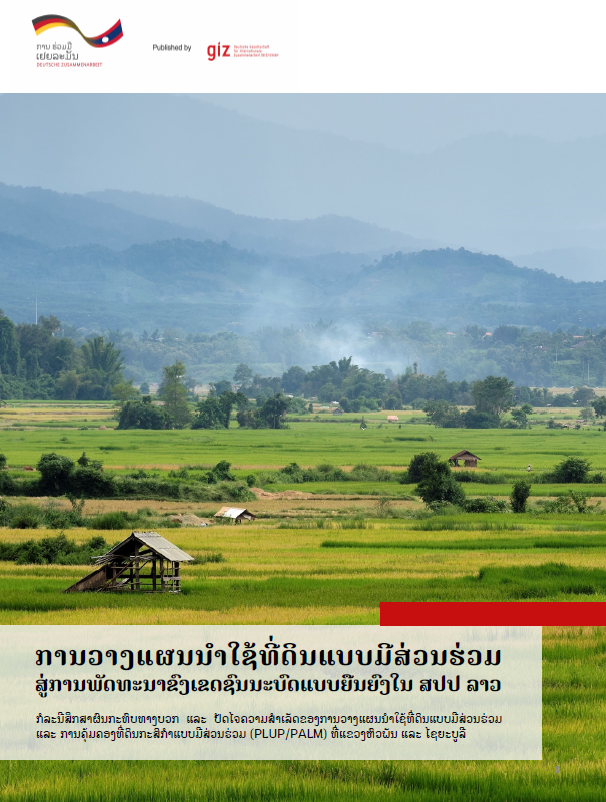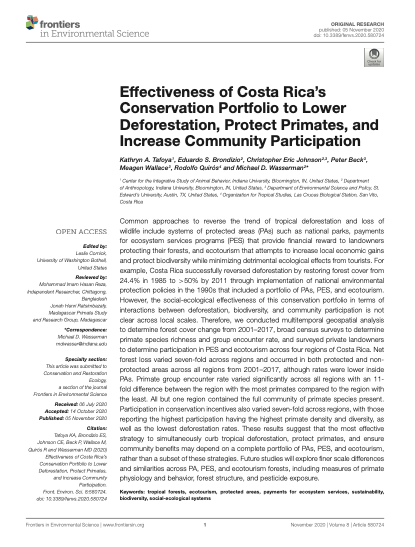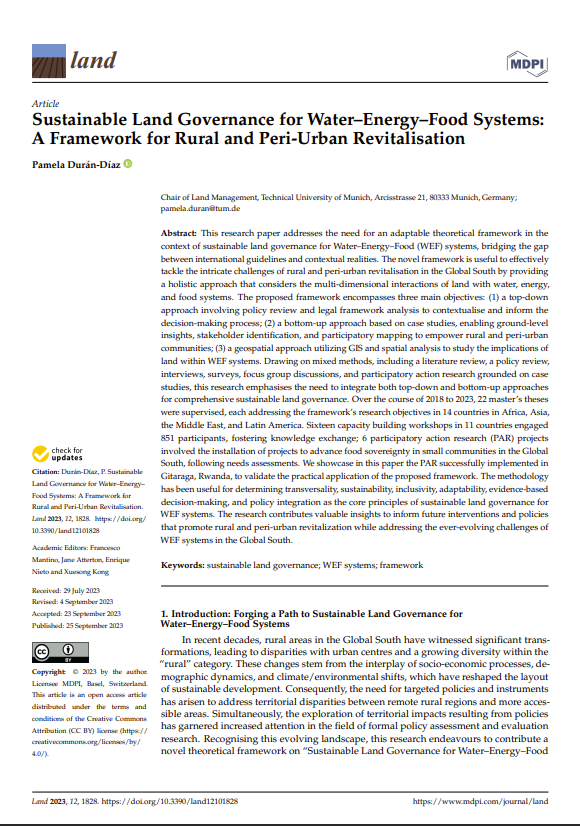Metadata on SDGs Indicator 11.7.1
Goal 11: Make cities and human settlements inclusive, safe, resilient and
sustainable.
Target 11.7: Providing universal access to safe, inclusive and accessible,
green and public spaces, in particular for women and children, older
persons and persons with disabilities.
Indicator 11.7.1: Average share of the built-up area of cities that is open
space for public use for all, by sex, age and persons with disabilities


